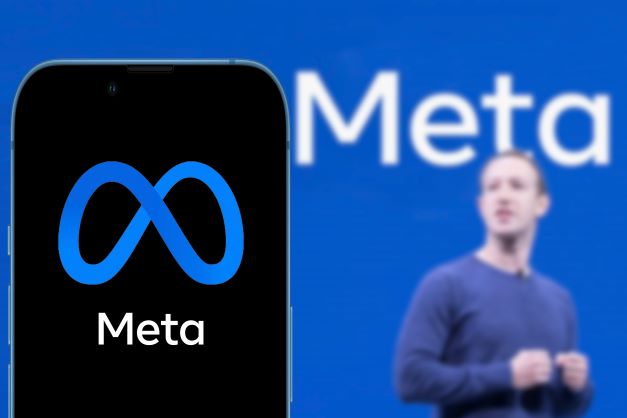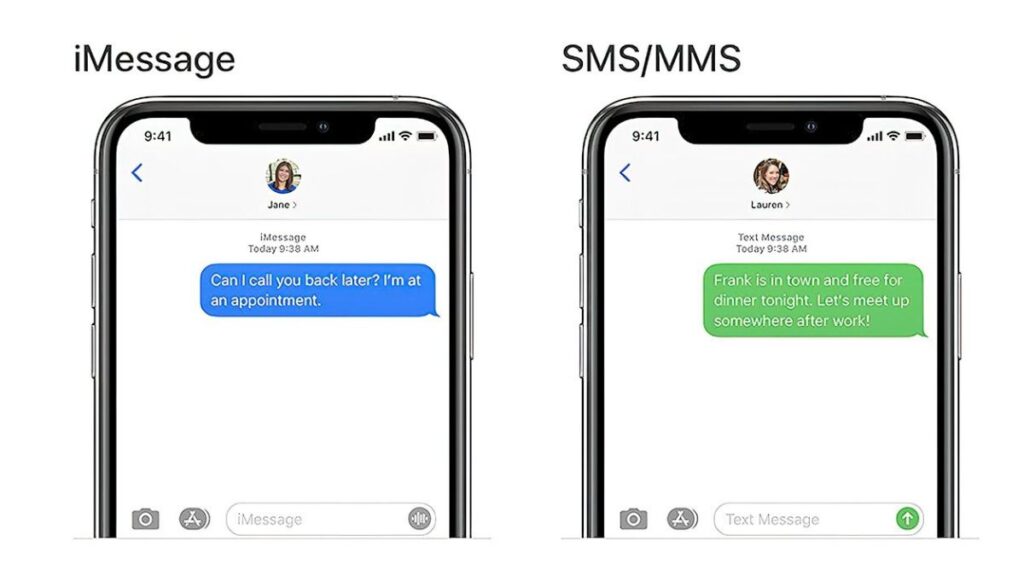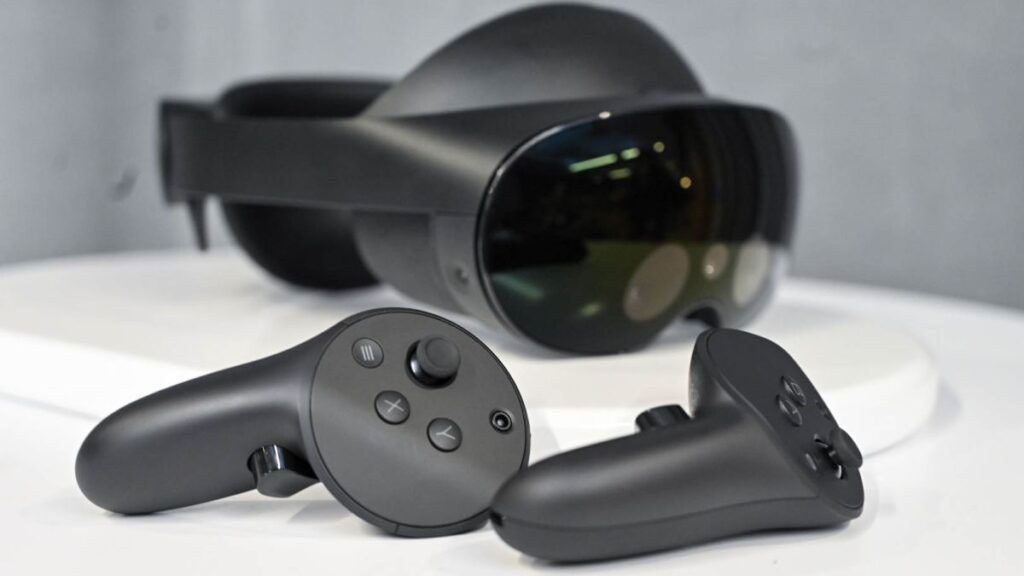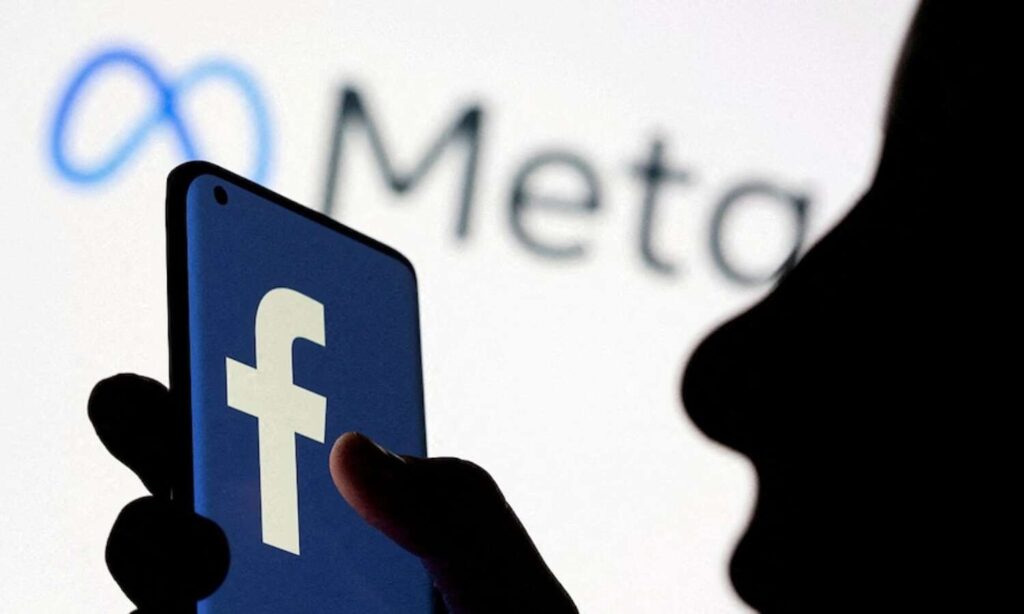Why is Meta shutting down Echo VR?
The critically acclaimed virtual reality game Echo VR will be going down in August, Meta announced last week. Since then, previous Meta consulting CTO John Carmack and Meta CTO Andrew Bosworth have both provided additional information about the shutdown.
The multiplayer VR-based game’s developer, Ready At Dawn, said on Tuesday that the game will be ending on August 1st, 2023 in a piece on Medium. According to the statement, gamers can play to their hearts’ content for the time being, buy the game, and re-download it.

However, the article stated that following that, the game’s servers and services would be turned off. Echo Points can still be used by players up until that point, but there will be “no refunds on in-app purchases, DLC, and in-game currencies,” according to the post.
The creator of Echo VR, Ready at Dawn, has given a clue that it would be concentrating on the future. The Echo VR development team stated in a blog post on the closure that “by no means was this decision made lightly.
Also Read: When does Hogwarts Legacy come out?
But it was made for many good reasons and chief among them is the studio coming together to focus on our next project. We can’t say anything about it yet, but we are all excited and need all hands on deck.”
According to UploadVR, Bosworth stated in an Instagram AMA that while the player base of Echo VR was “loyal as all get out,” it has decreased to the “low ten thousand.” He noted, “Unfortunately, keeping things alive takes work.
This is not like a return on investment money standpoint; it’s just those resources could be put to other uses that I think will be useful to the now tens of millions of people who are in VR.” Additionally, he said that certain “regulatory constraints” in Meta make maintaining the game more expensive.
The servers for Echo VR will continue to run until 1st August at 1 PM ET, after which time they will cease to exist entirely. While one would have thought that Meta would make it playable in a way similar to how Velan Studios is making Knockout City available, Bosworth appears to be ruling that out.
Echo VR has rapidly risen to the level of an e-sport in recent years. According to the Oculus website, Echo VR may be used with the Meta’s Oculus Quest, Quest 2, Meta Quest Pro, and Rift S devices.
Also Read: Why Apex Legends Mobile is shutting down?
After donning their headsets, participants are transported into a zero-gravity arena where they engage in robotic combat using a combination of gaming prowess and athletic prowess. According to The Verge, the game was one of the centerpieces of the Oculus Quest and Rift S launches.
Following the launch of the Meta Quest (formerly Oculus Quest) and Rift S, Facebook acquired Ready At Dawn in 2020, establishing Echo VR as one of the company’s flagship games

I am a law graduate from NLU Lucknow. I have a flair for creative writing and hence in my free time work as a freelance content writer.





